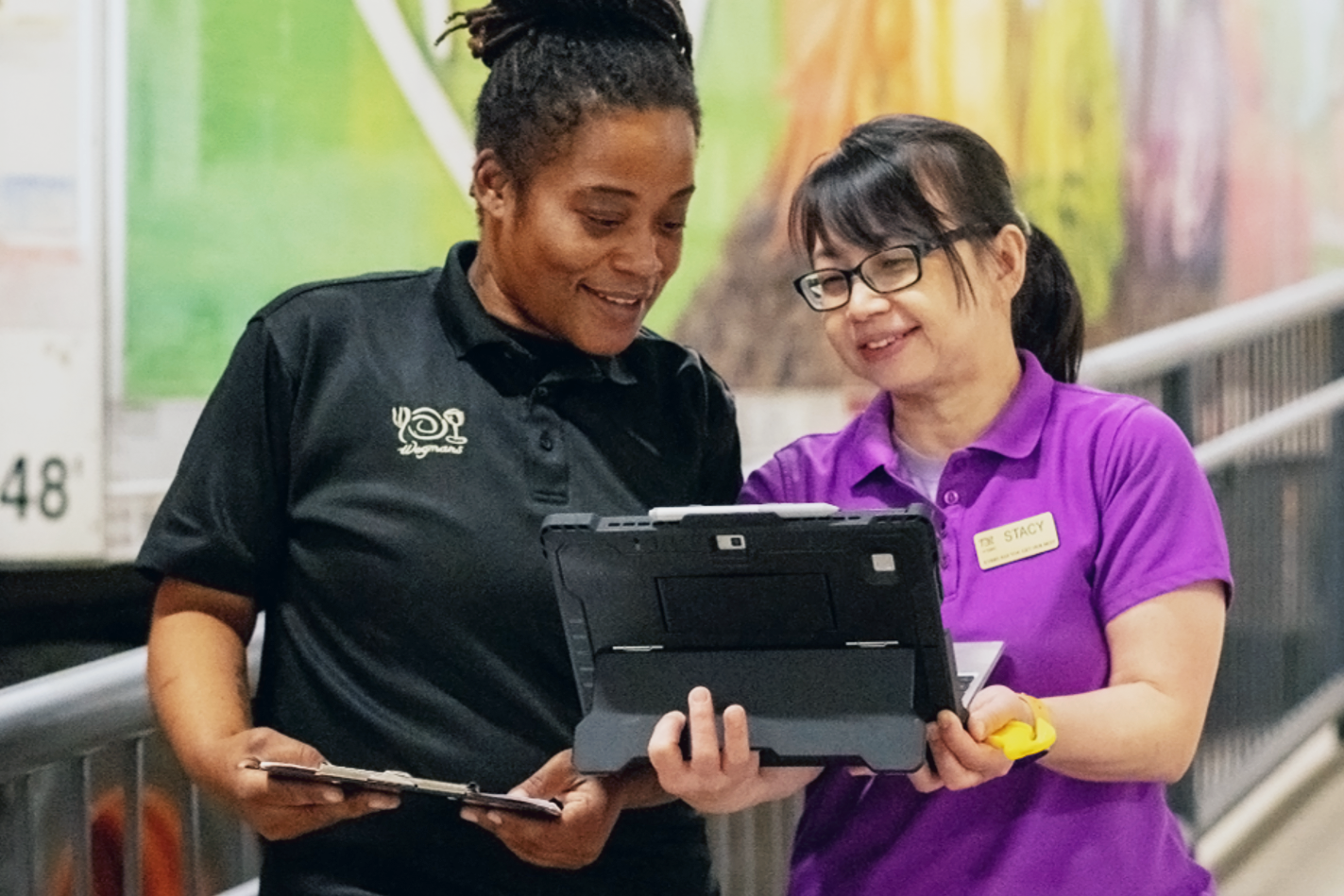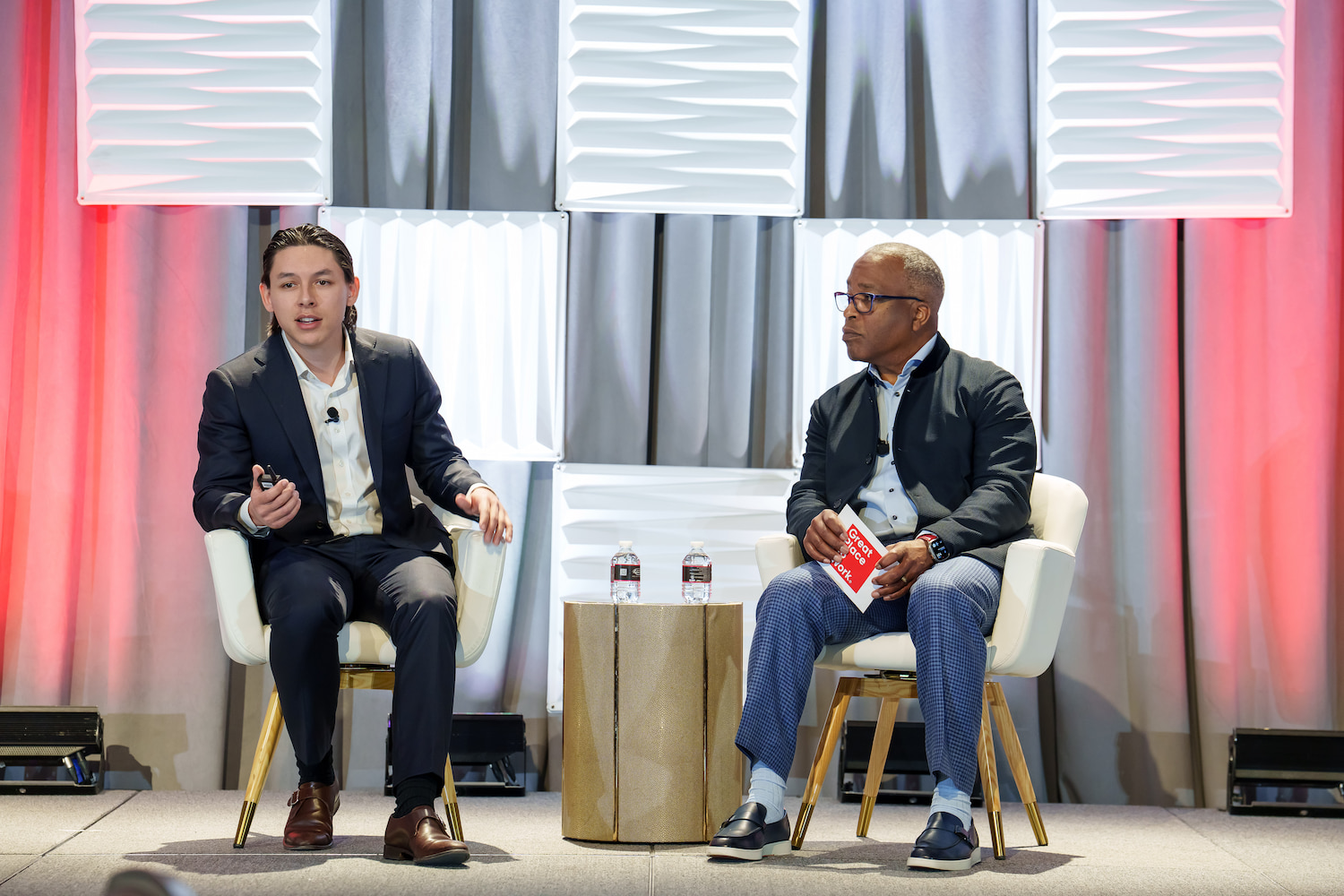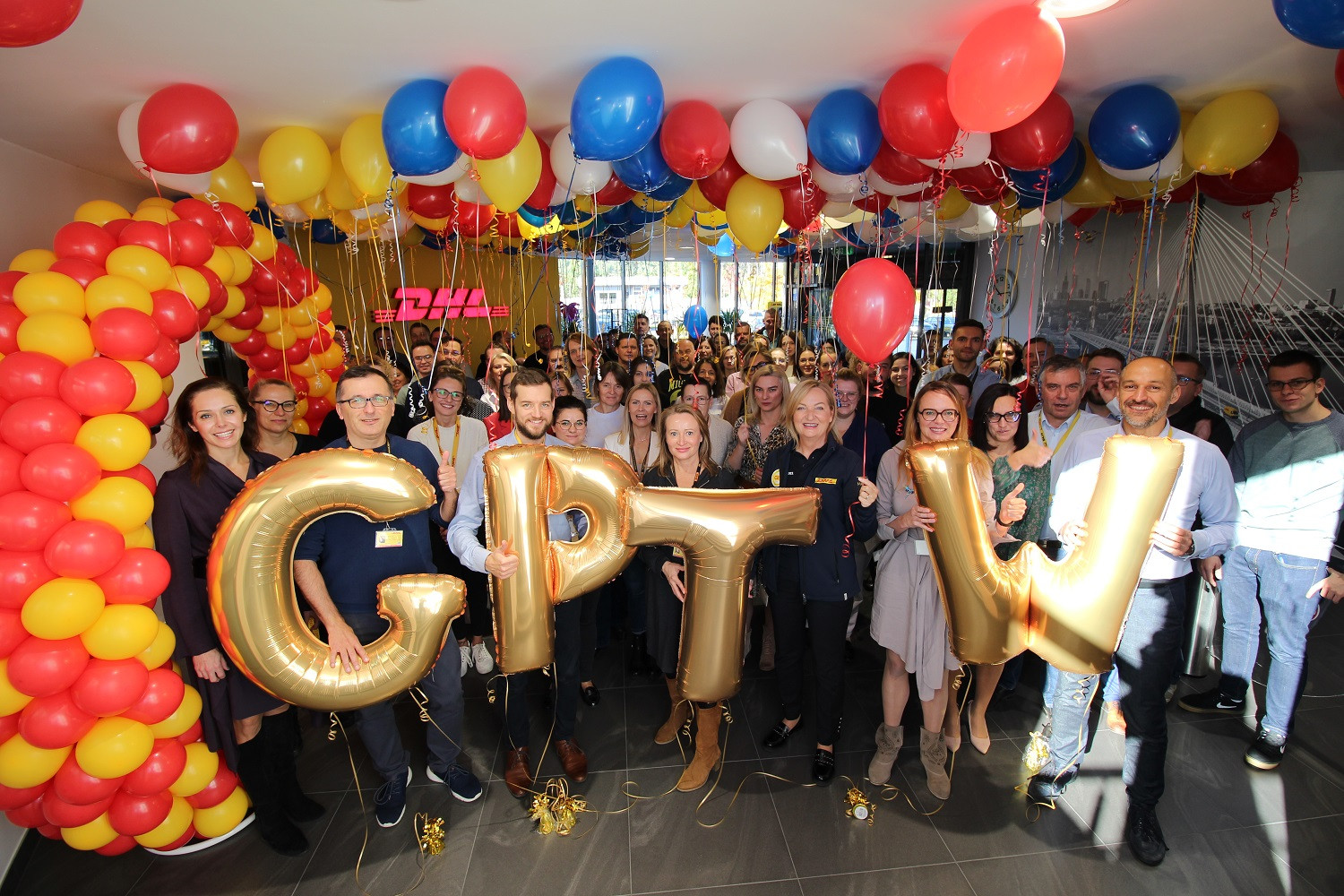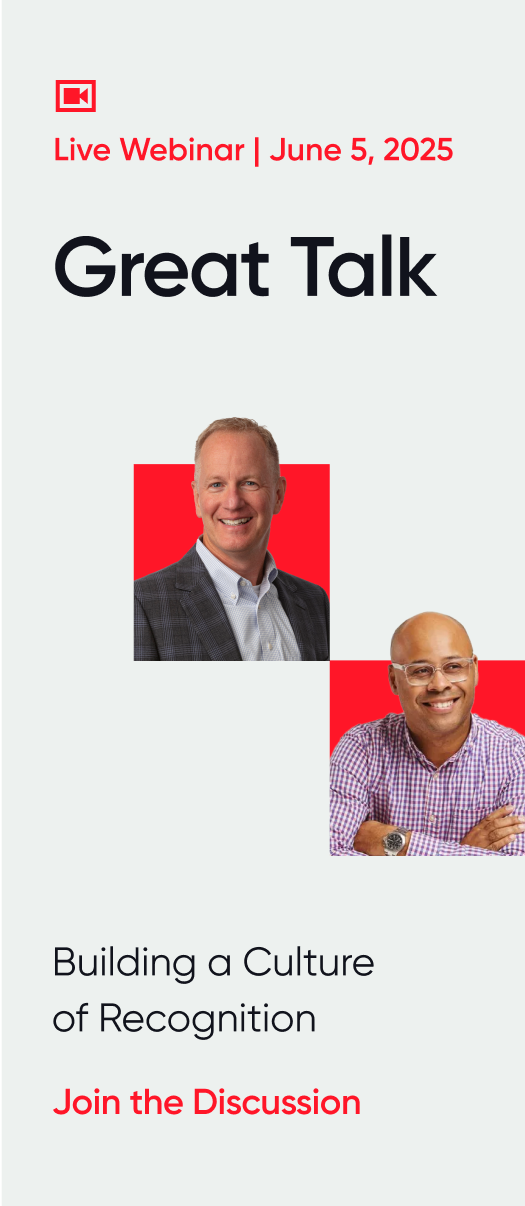Employee Listening, Employee Surveys, Pre-survey
Don’t hit pause on listening: Why skipping employee surveys can get in the way of progress.
Imagine you’ve launched a new product. It’s popular at first — flying off the shelves or racking up downloads. But a few months in, sales slow. Engagement drops. No one’s complaining. No bad reviews. Just — less.
If you’re not checking in with customers, it’s hard to know why. Maybe expectations shifted. Maybe a competitor added a feature that better meets their needs. Or maybe something small — like onboarding friction or unclear packaging — is quietly undermining the experience.
The same is true at work. Employee needs, priorities, and perceptions shift — often silently. Regular listening helps catch those shifts before they become costly blind spots.
What holds organizations back
It’s common to hesitate before launching another survey — especially if the last one didn’t lead to visible action. There’s a worry that employees will think, “Why bother?” Or worse, “They’re not really listening.”
But avoiding the next survey doesn’t solve that. It doubles down on silence. The better move is to acknowledge where things stalled, share what was learned, and explain what’s changing. That transparency builds more trust than waiting for perfection.
“When we stop asking about and acting on feedback from our people, we unintentionally convey a message … that our people’s experiences no longer matter to the business,” warns Stacy Simmons, EVP of people & purpose at Great Place To Work®.
What consistent listening creates
Surveys are not just data collection exercises. When done consistently, they send a message: employee experience matters here. Even when progress takes time, asking shows you’re paying attention.
Here’s why consistent surveying is critical:
- Spot emerging patterns early
Regular feedback helps identify trends — whether rising stress, shifting engagement, or new priorities. Instead of reacting too late, you can adjust in real time. - Create space for honest input
Surveys give employees a structured, safe way to share what’s on their minds — especially the hard stuff they may not feel comfortable raising elsewhere. - Demonstrate a commitment to improvement
Repeatedly asking for feedback shows that the organization is serious about learning and getting better — not just running a one-time exercise. - Keep employees engaged and connected
When people feel heard, they’re more likely to stay invested. Regular surveys help maintain that connection and signal that voices here influence decisions.
“Transparency builds more trust than waiting for perfection.”
How often should you survey?
There’s no one-size-fits-all answer to how often you should check in. Some organizations benefit from quarterly pulses, while others thrive with a slower rhythm. The right cadence depends on what you’re ready and able to do with what you hear.
At the heart of it, survey frequency is less about a number and more about impact. The goal isn’t to overwhelm people with questions — it’s to stay close enough to act when it counts.
Wegmans: Listening, leadership, and the courage to act
It’s easy to hit pause on listening — especially when things are busy, surveys feel repetitive, or change is happening fast. But the moments when listening feels optional are often when it matters most.
At Wegmans, feedback isn’t a one-off event. It’s a core part of how they lead, and embedded in one of their five core values: “We respect and listen to our people.” A Great Place To Work customer and one of the Fortune 100 Best Companies to Work For® every year since 1998, Wegmans has built a culture where listening is continuous — and trusted.
In addition to onsite employee advocates and the trusted one-to-one relationship between the employee and their supervisor, the company relies on daily huddles, recurring focus groups, open-door days, and the Great Place To Work Trust Index™ Survey to understand the employee experience and keep communication open year-round.
“We don’t want to take a chance that someone doesn’t know how, doesn’t know where, or doesn’t feel comfortable sharing their voice at Wegmans,” said Peggy Riley, VP of employee communications & engagement at Wegmans, presenting at the 2025 For All Summit™. “So, we give them lots of options to choose from, including online or face-to-face, one-to-one or in groups, and named or anonymous.”
One example is “Ask Bob,” an internal program that allows employees to submit comments, questions, or suggestions directly to executive leadership, specifically, Bob Farr, Wegmans’ senior VP of store operations. Comments come in through the company’s intranet or employee app, 24x7x365, from any of their 54,000+ employees in 120+ stores, distribution, manufacturing, or main office areas, to the tune of about 1,400 submissions per year.
As one employee shared in their Trust Index Survey:
“There are various ways to communicate with leadership and ask questions. Whether it’s Ask Bob, or directly talking to your manager or being able to submit an anonymous question … they always respond.”
That’s what “always listening” looks like.
Recently, feedback from one employee through Ask Bob led to the removal of a national brand product that didn’t align with Wegmans’ values. Leaders acted quickly, making a decision that prioritized culture over short-term gain.
A Wegmans leader put it simply: “We’re grateful to have the checks and balances in our workplace where any employee feels comfortable alerting us to something needing course correction.”
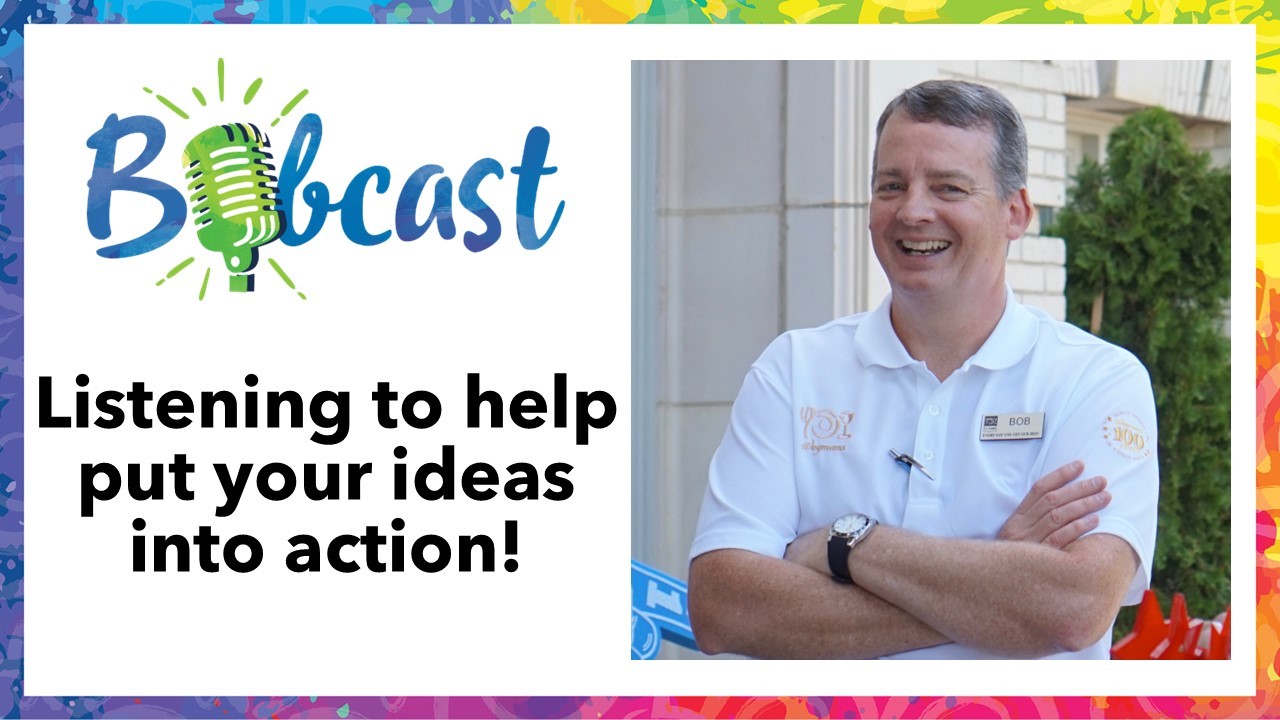
Great leaders listen
“Trust is rarely neutral,” said Peggy. “Every little interaction that you’re having is either fostering trust or it might be chipping away at it. We look at every opportunity to say, ‘we’re going to deepen it.’”
Wegmans knows that trust is at the heart of every great workplace, and that listening is one of the most important leadership behaviors for building that trust.
In the wake of the Great Resignation of 2021, Wegmans used the Trust Index Survey to identify three focus statements they wanted to improve over a four-year period and strategically reached out for employee input.
“Our employees need to be part of the improvement process,” said Peggy. “We listen globally and locally, so we can all improve together. Every Wegmans location conducted focus groups on the three questions, and then they were invited to add one more if, regionally, they had something else they wanted to focus on.”
Wegmans then used that feedback to learn, test, and improve.
The result? Part-time retention jumped from an all-time low 55% to 69.8%, and unfilled job openings dropped by two thirds, and today, 91% of employees say Wegmans is a great place to work.
“Listening and responding — having real dialogue — is core to establishing and sustaining a high-trust relationship,” says Stacy, EVP of people & purpose of Great Place To Work. “This sentiment is true for the relationships in our business. Leaders shape the experiences of their people.”
Whether through regular surveys or everyday conversations, sustained listening builds trust. And as Wegmans shows, it also builds workplaces where people feel heard, respected, and empowered to make a difference.
Where we land
It’s easy to delay the next survey — especially if past feedback hasn’t been fully addressed. But consistent listening is what builds trust over time. It shows employees that their voices don’t just disappear into a report — they shape what happens next.
The most effective organizations don’t wait for perfect timing or perfect answers. They commit to the practice. They ask. They listen. They act where they can — and explain where they can’t, yet.
Surveys aren’t the solution to every challenge, but they’re an essential tool for understanding your people. Used consistently, they help create a workplace where employees feel valued, heard, and part of something worth staying for.
Ready to deepen your listening?
Your next survey is a chance to build trust and turn feedback into action. Connect with your Customer Success Manager to plan your approach — framing, follow-up, and linking results to business goals.
Reach out to your CSM to get started.
Ready for a change? Discover how partnering with Great Place To Work® can elevate your employee experience and transform your workplace culture with our employee surveys. Start your journey today.
Learn more about our survey solutions
Turn culture insights into business wins
Let the Trust Index™ Survey reveal your workplace’s hidden strengths and areas for growth. Start transforming today.


